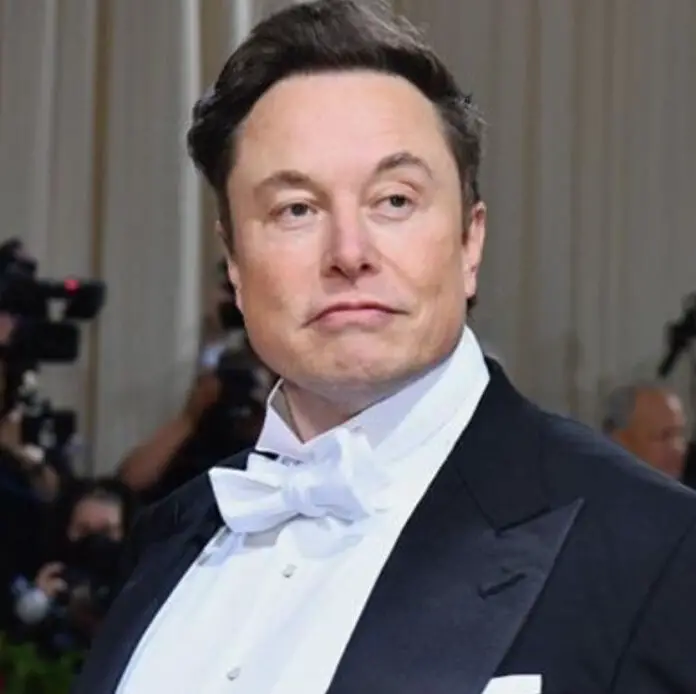Elon Musk’s $1 million daily sweepstakes, run by his pro-Trump America PAC, was allowed to continue through Election Day, as per an October 4, 2024 ruling by a Pennsylvania judge. The judge ruled against claims that the sweepstakes was an “illegal lottery” aimed to influence votes.
The intent of Musk’s daily $1 million giveaway was to attract and generate voter activity in crucial swing states. The significant cash prize was offered as an incentive for individuals to sign a petition supporting free speech and gun rights, potentially increasing support for pro-Trump values.
Philadelphia Court of Common Pleas Judge Angelo Foglietta rejected the arguments put forth by District Attorney Larry Krasner. The ruling occurred after a day-long, intense hearing in a crowded Philadelphia courtroom, filled with fiery debates.
While Krasner’s team accused Musk’s political staff of participating in a deceptive operation, Musk’s team countered by accusing the district attorney of violating constitutional rights. The judge’s decision addressed Krasner’s urgent motion to immediately stop the sweepstakes, with a more comprehensive case yet to determine if Musk’s giveaway violates state gaming laws.
Krasner vowed during the proceedings that his office would seek restitution from Musk or his super PAC for the “victims” of what he called an illegal lottery that deceived Philadelphians, in the future stages of the case.
Krasner, a progressive Democrat, had initiated the lawsuit a week prior. Regardless of the ongoing legal battles and a warning from the Justice Department about potential federal election law violations, Musk’s daily giveaways from his pro-Trump super PAC maintained continuity.
Musk and his legal team dismissed Krasner’s lawsuit as a publicity stunt, suggesting it was spurred by Krasner’s opposition to Musk’s support for Trump.
Following the ruling, Krasner’s spokesperson, Dustin Slaughter, communicated to CNN that significant truths were revealed during the hearing, urging people to stay updated as the case progresses. Musk’s attorneys acknowledged in court that the winners of the super PAC’s sweepstakes are not chosen randomly.
Musk’s lawyer, Chris Gober, argued that since the winners are not chosen by chance, there is no “prize” and hence, the contest does not qualify as a lottery. Gober further claimed that the so-called “prize” is a reward for acting as a spokesperson for the super PAC. The recipients, chosen based on their aptitude for this spokesperson role, are effectively earning the million dollars as payment for their representation of America PAC.
This argument was described as a full admission of responsibility by John Summers, a lawyer representing Krasner, whereas Krasner, while on the stand, called it one of the most insincere arguments he had ever heard.
Musk had previously announced that they would be “awarding $1 million randomly to people who have signed the petition” supporting the Constitution. Krasner contested this as political marketing disguised as a lottery. During the hearing, Musk’s political adviser, Chris Young, provided additional details regarding the structure of the giveaway.
Young clarified their intent to reward only registered U.S. citizens who were voters, thereby eliminating the risk of awarding funds to foreign nationals or malicious individuals. He also informed that certain participants who were unregistered voters were given an additional chance and were urged to confirm their voter registration status.
The legal battle has now extended to other states, with additional lawsuits filed in Texas and Michigan. Jacqueline McAferty, an Arizona voter, initiated a class-action lawsuit in Texas on Election Day, alleging that the advertised “random” drawing was misleading. The lawsuit suggests that Musk’s team used the contest to drive traffic to his social media platform X and gather valuable personal data.
The case also brings up deeper issues about the influence of wealth in shaping elections. Backed by Musk’s $120 million contributions, America PAC’s substantial resources allowed it to run extensive canvassing operations across swing states, inciting questions about the legitimacy of such high-value, unconventional election strategies.

